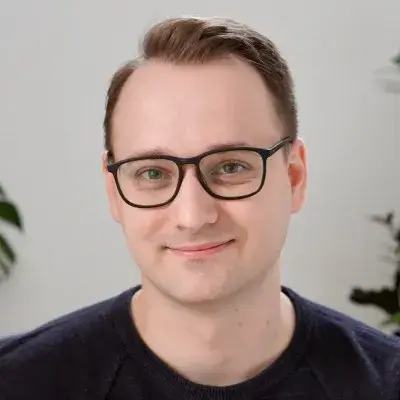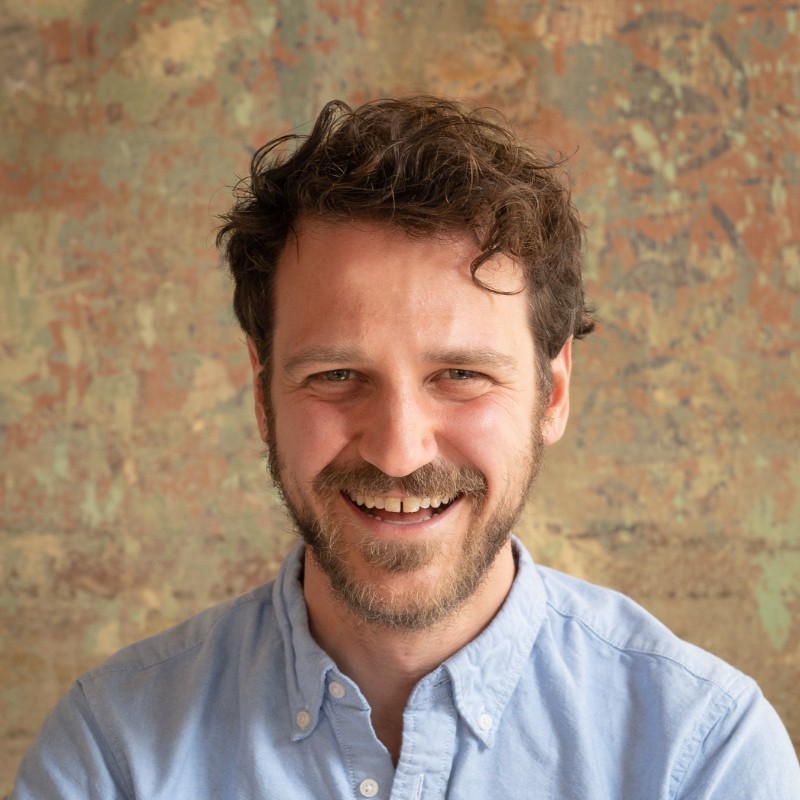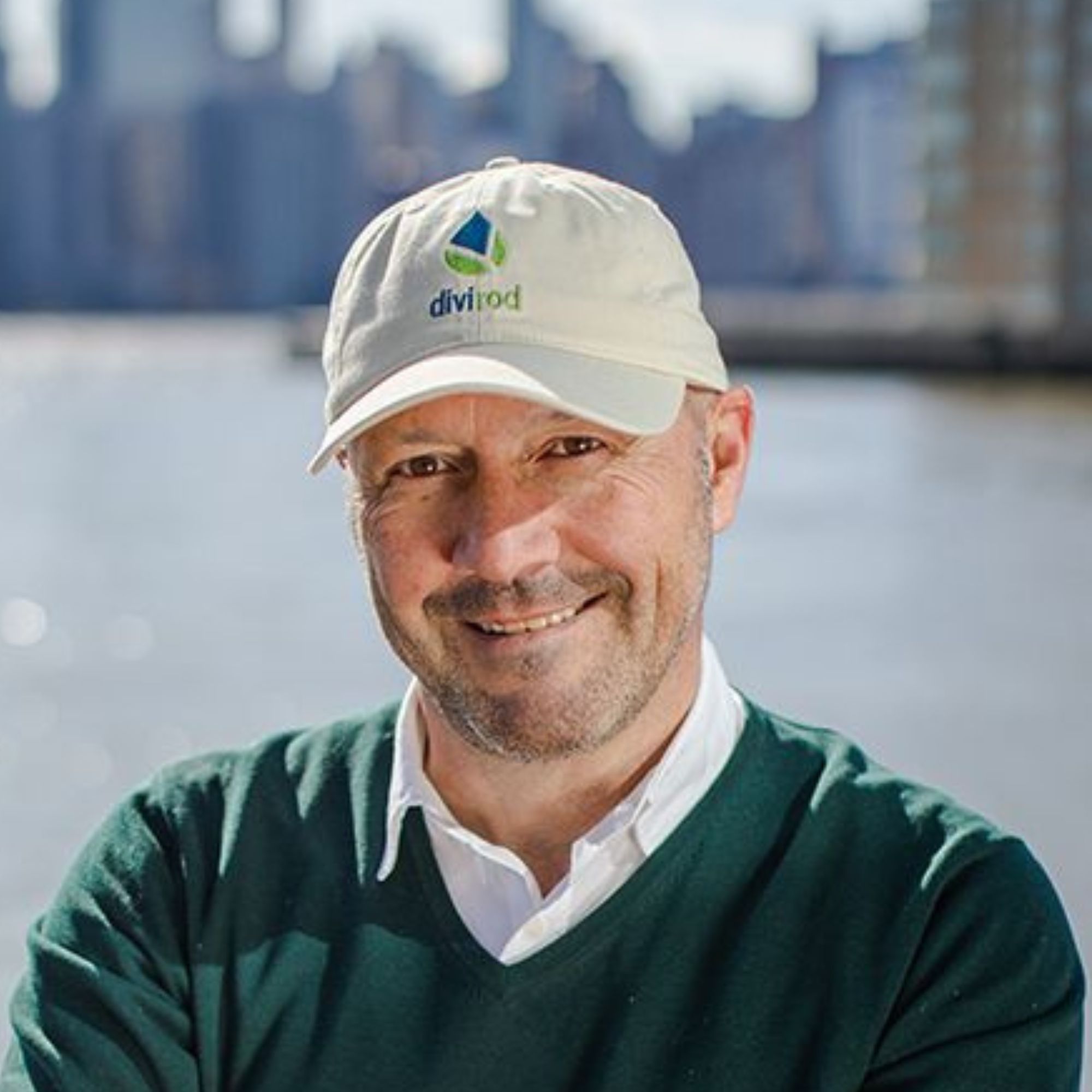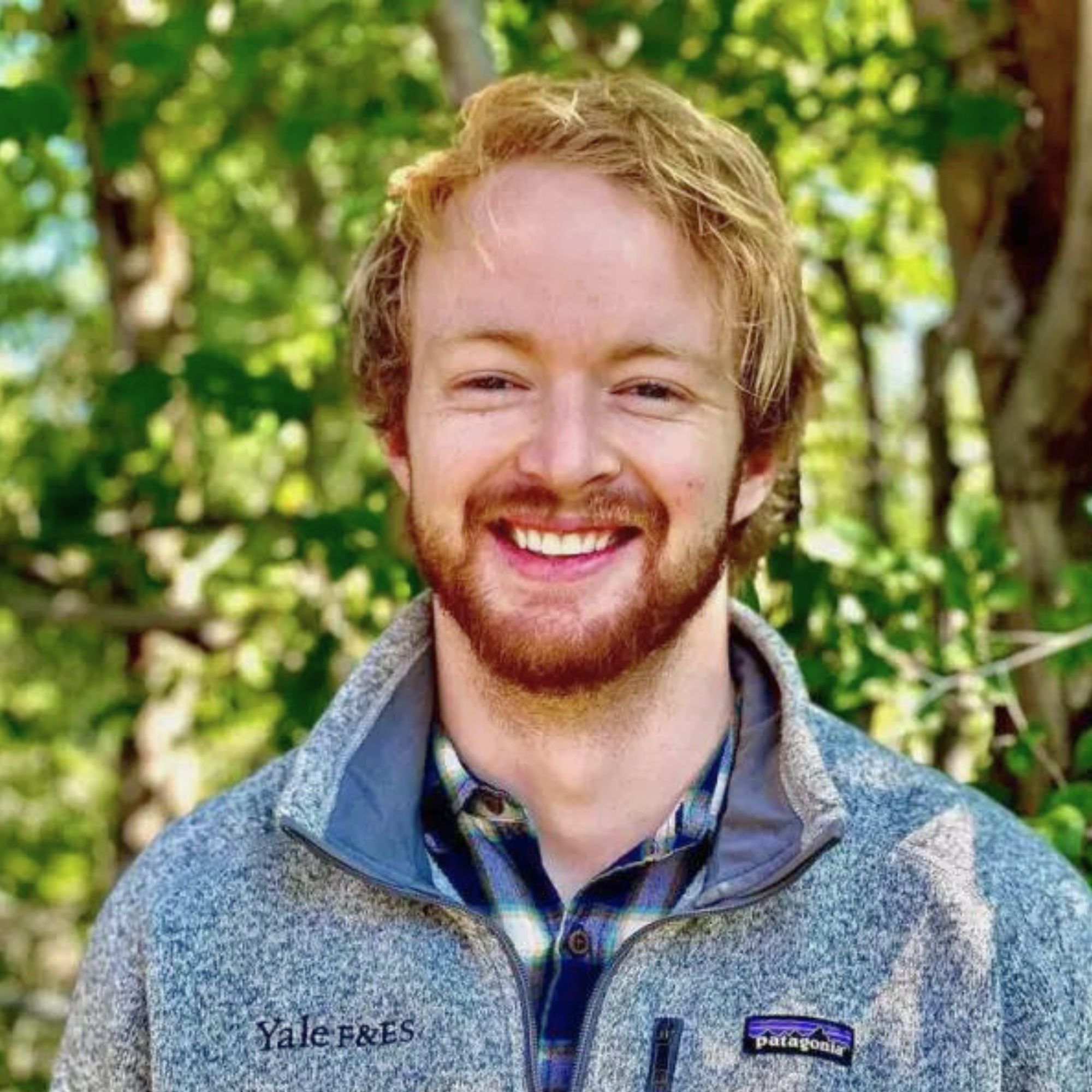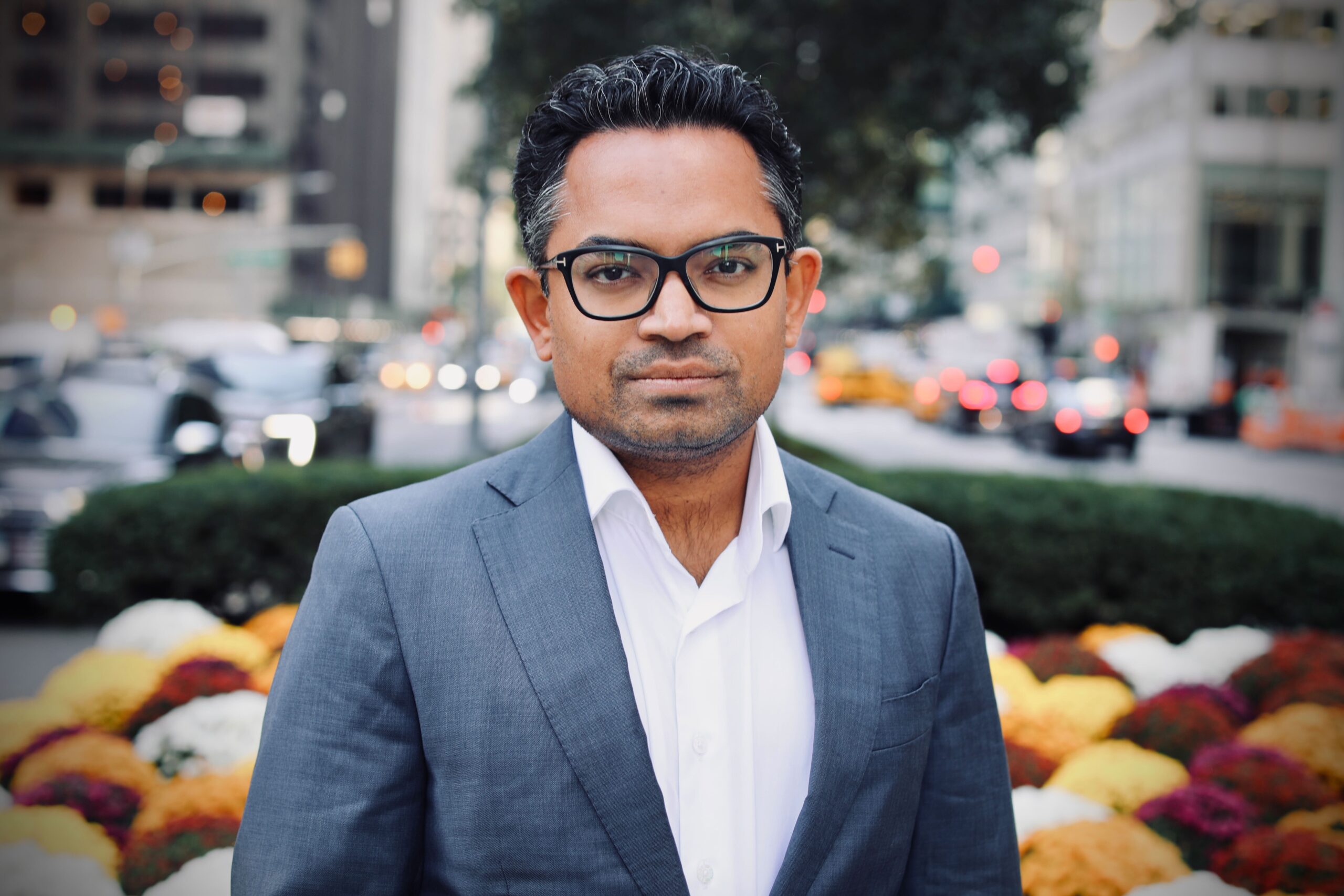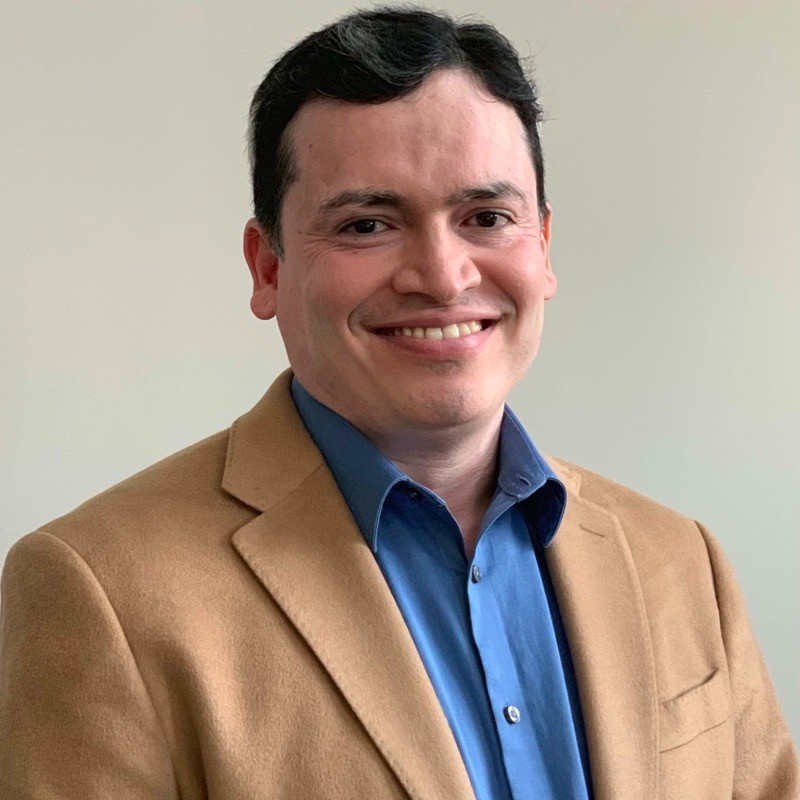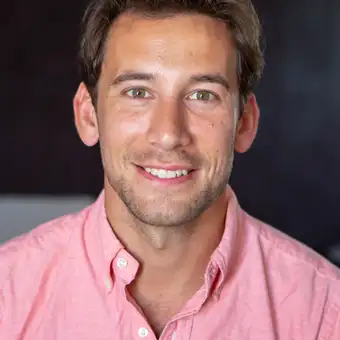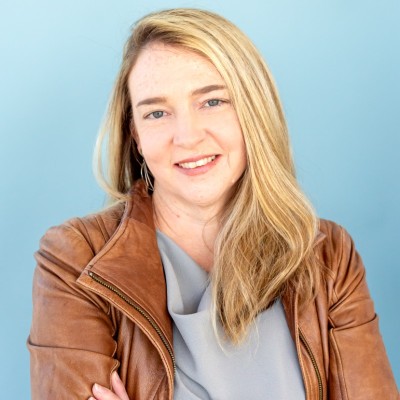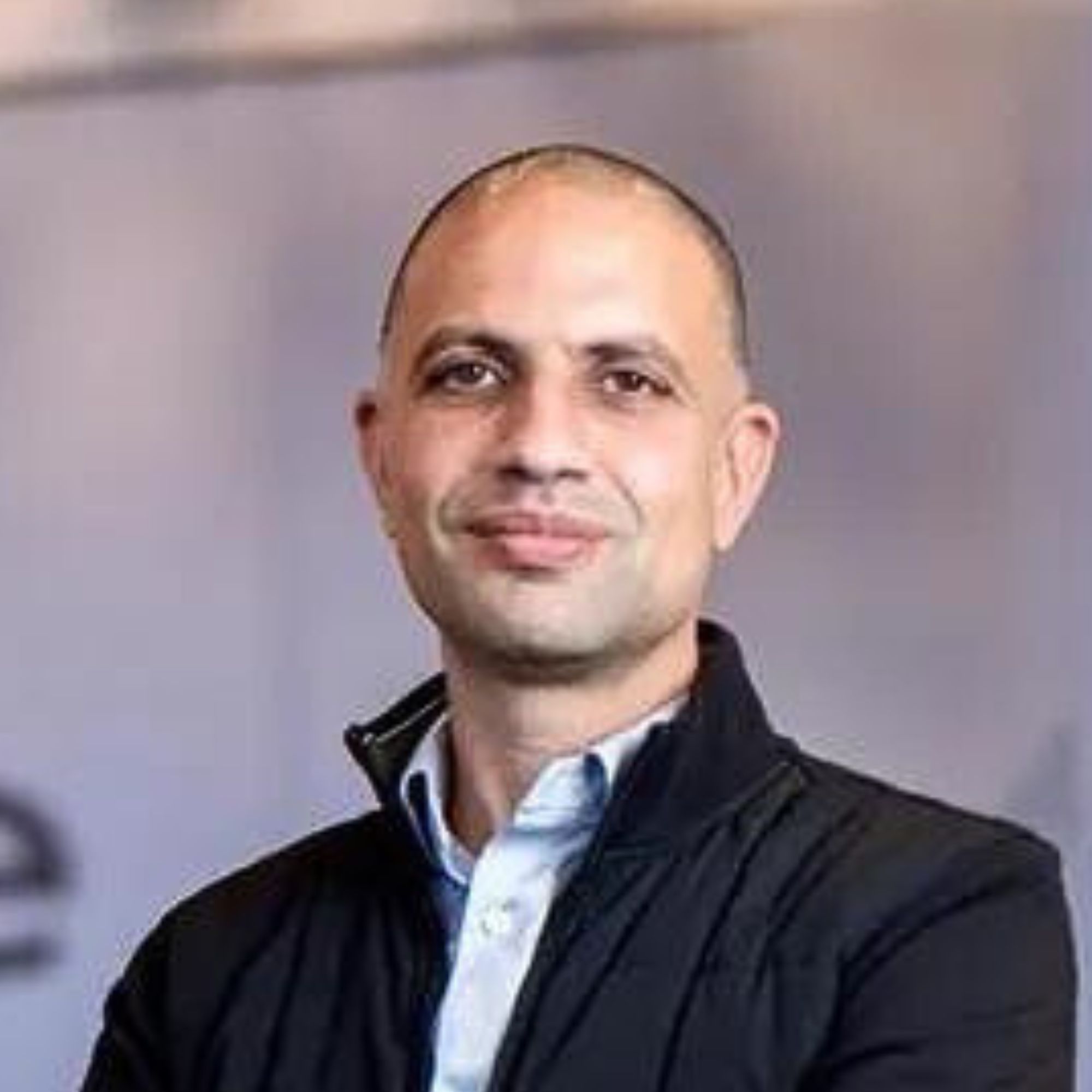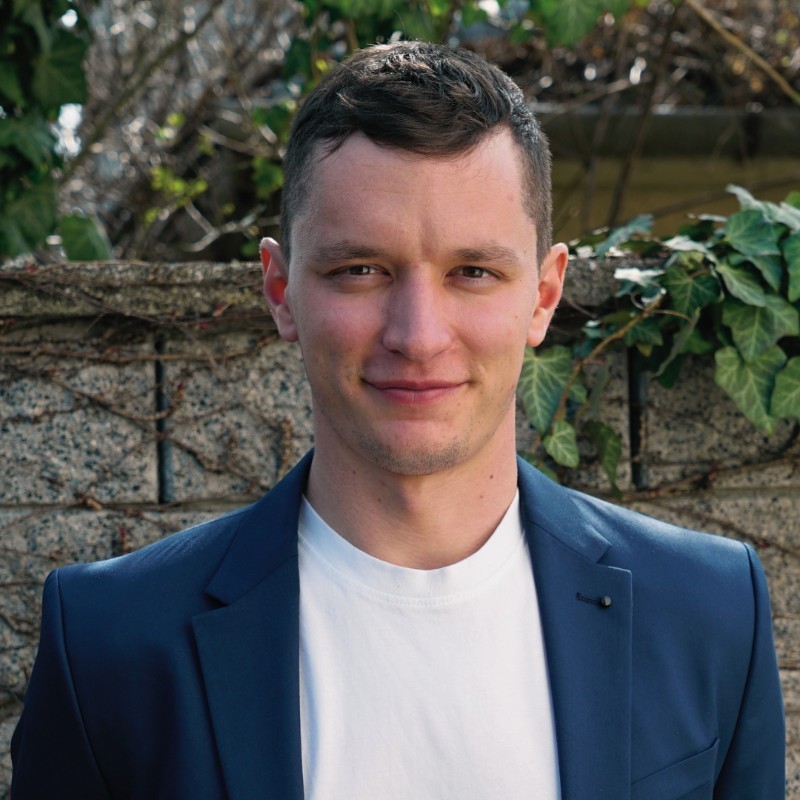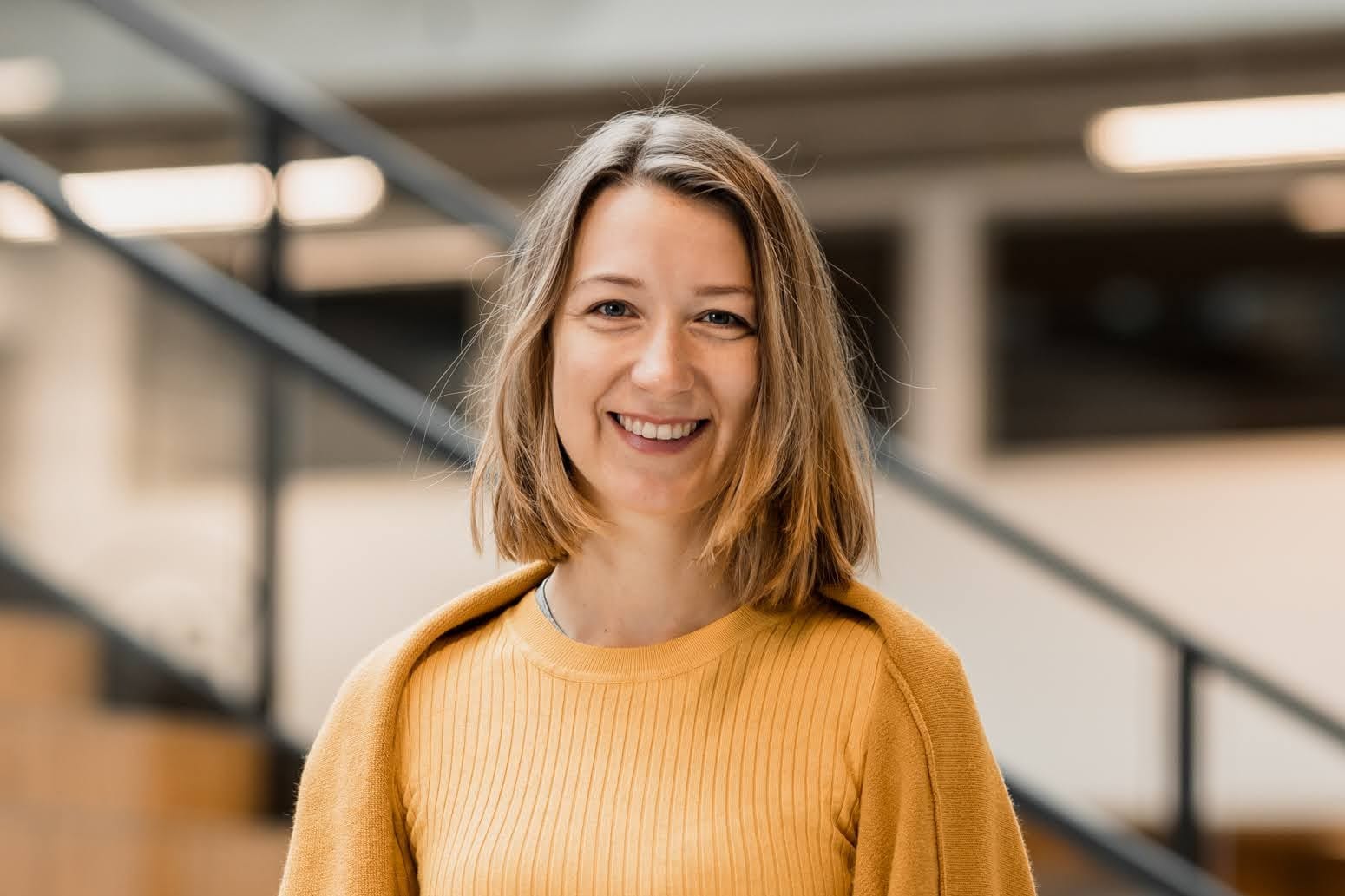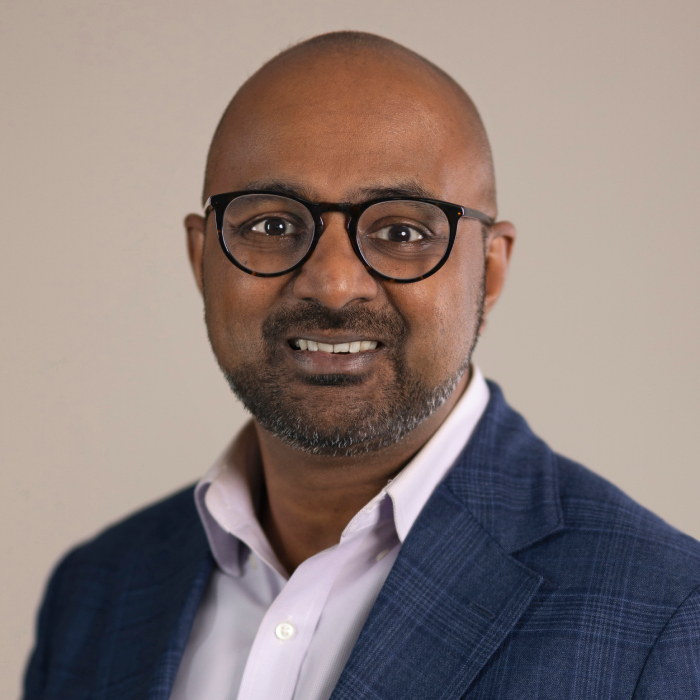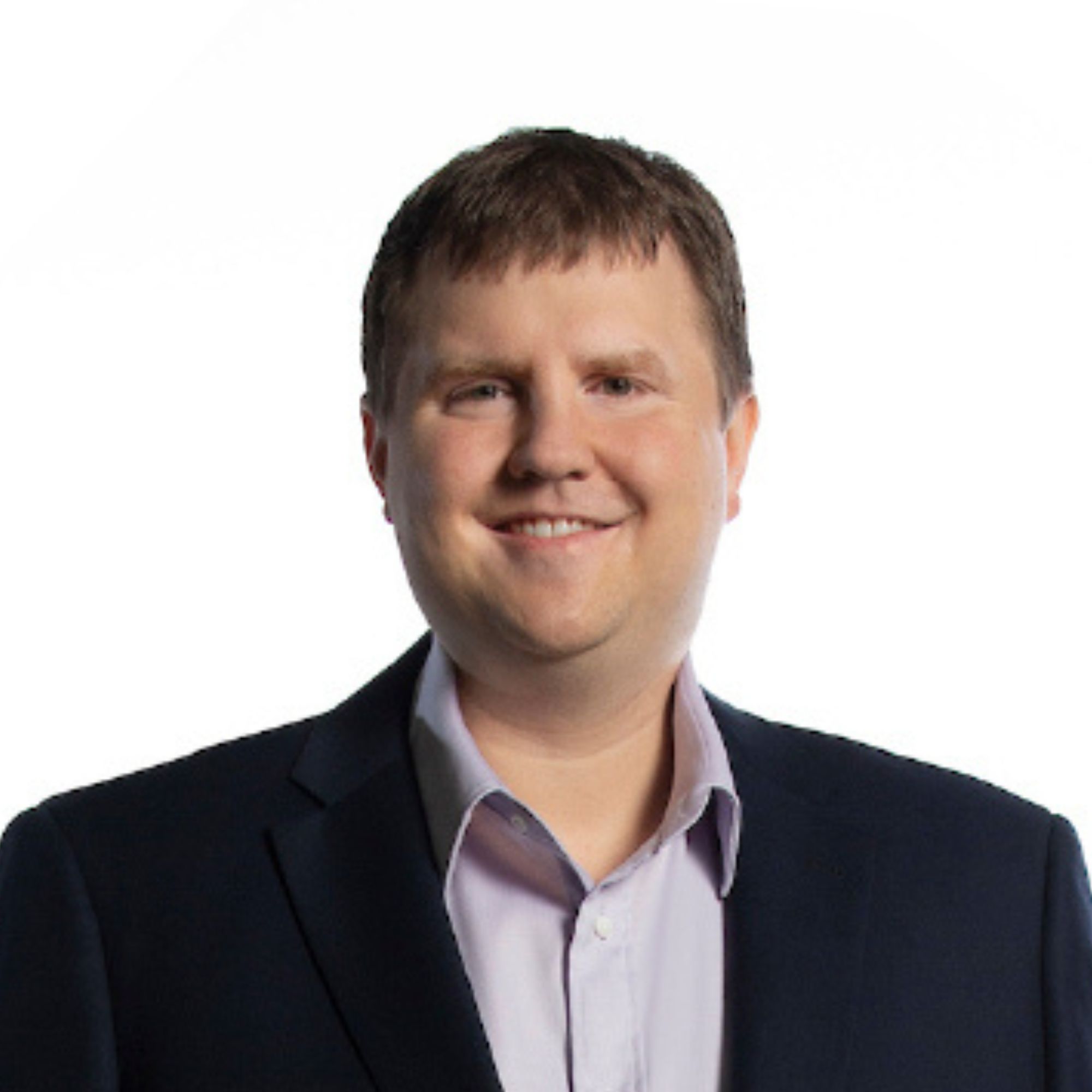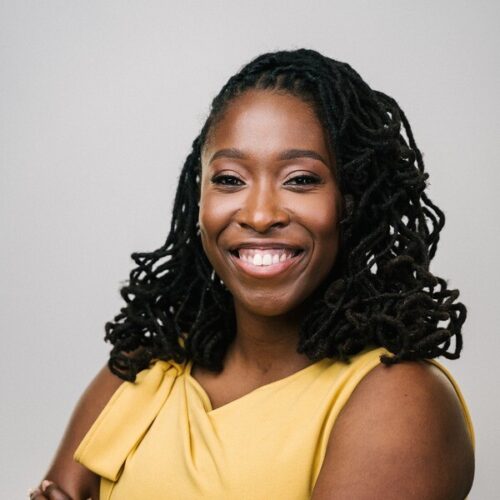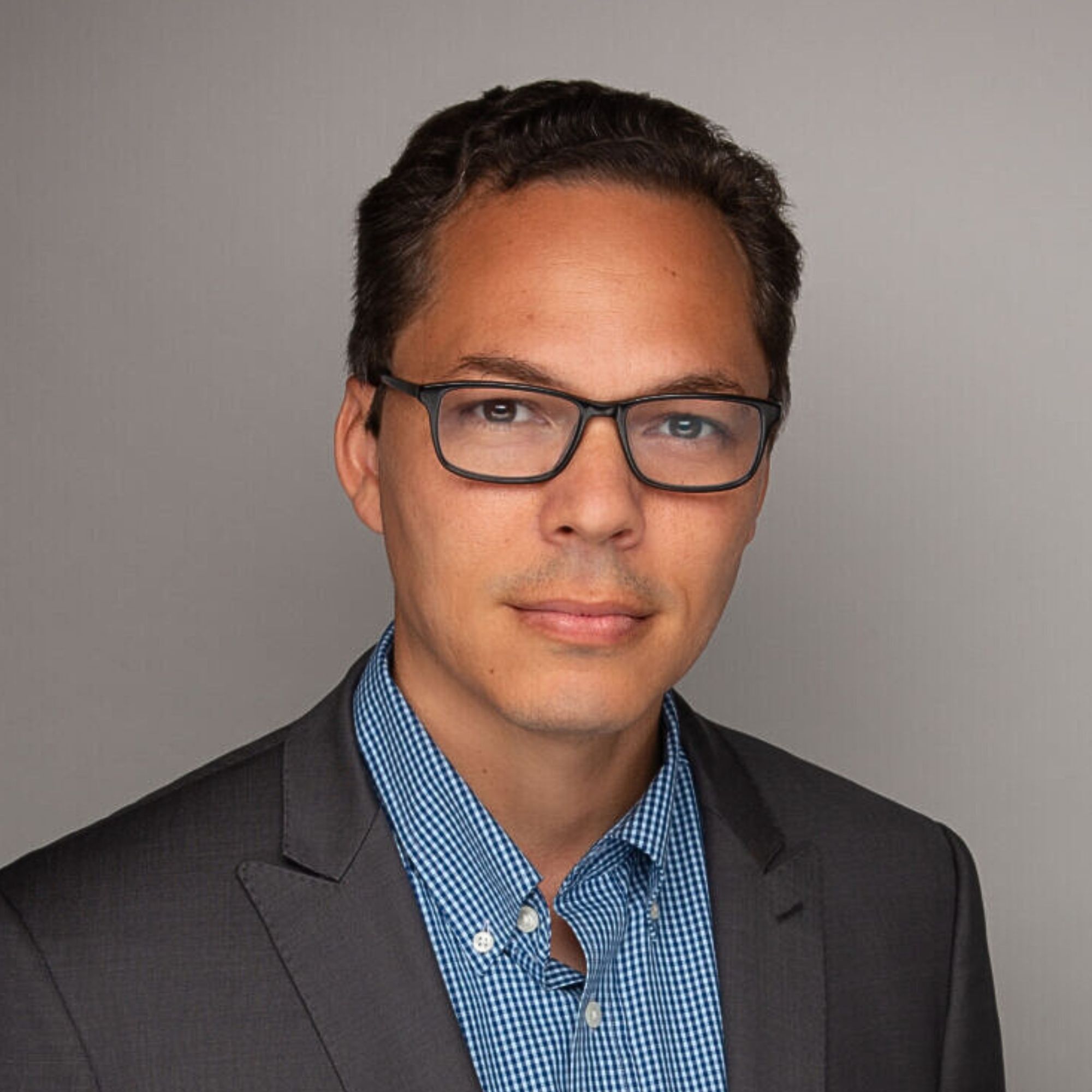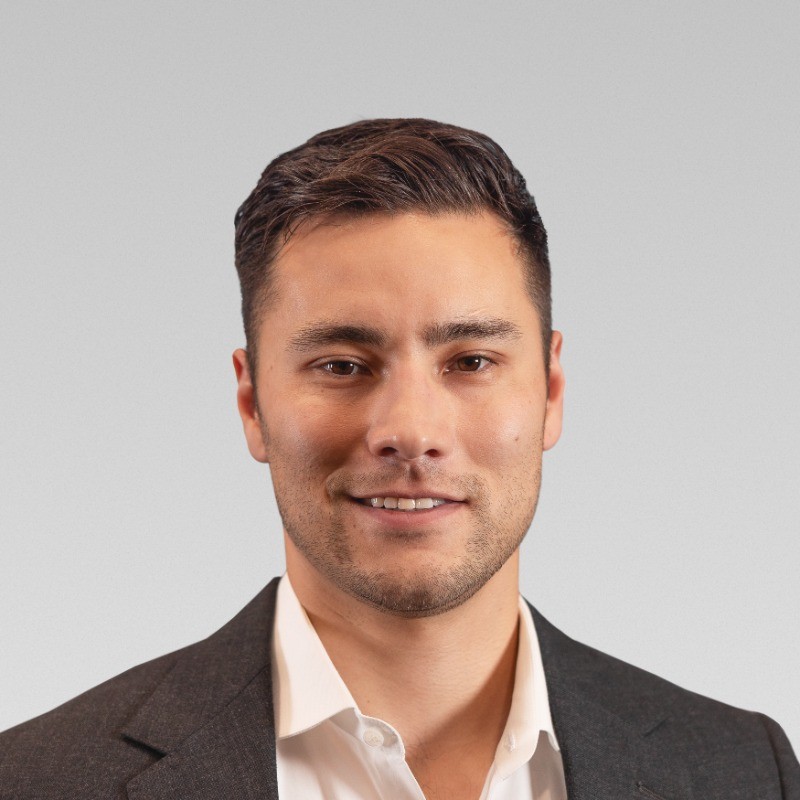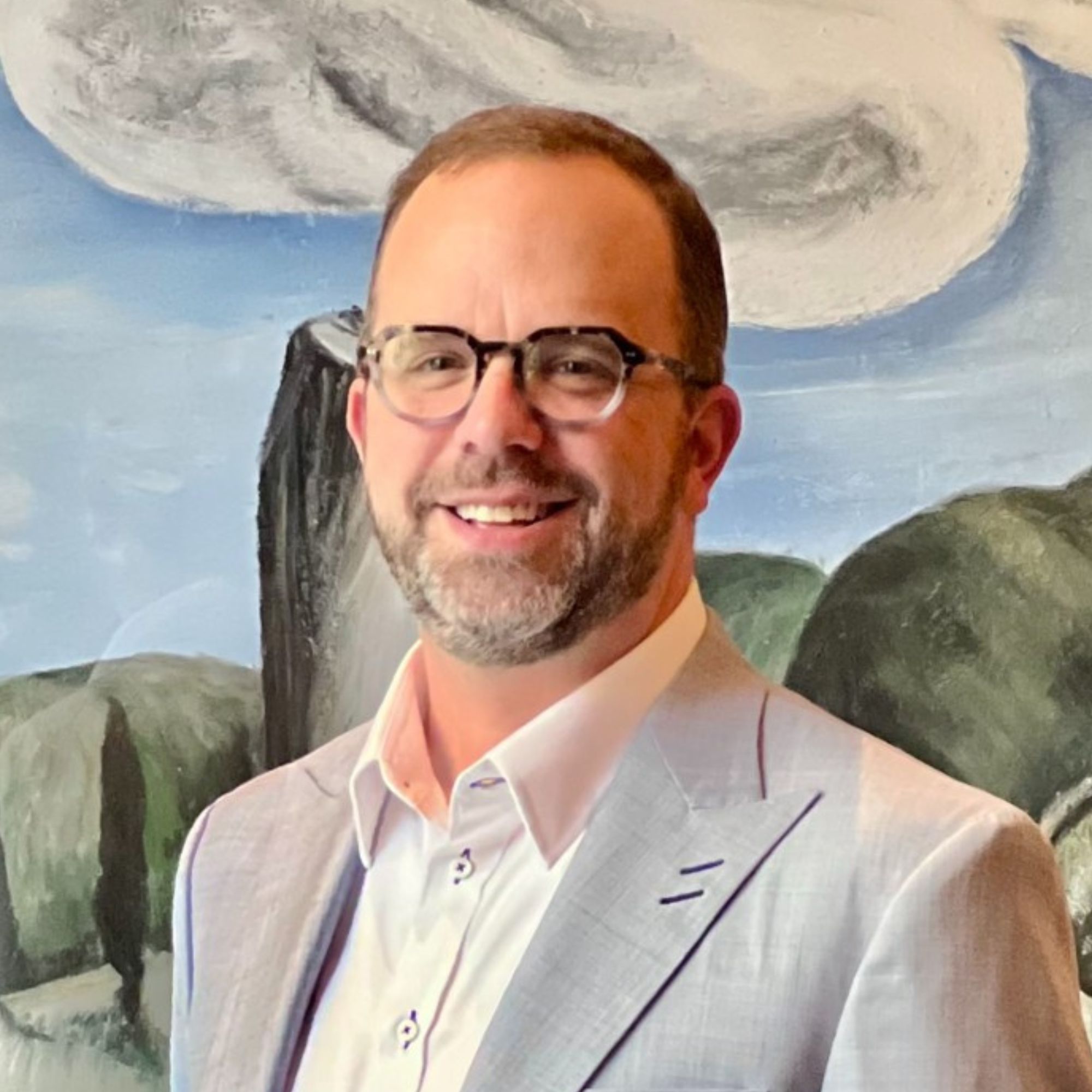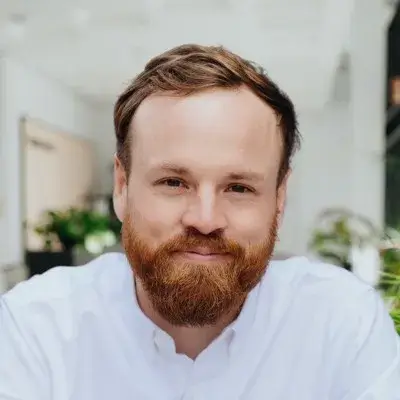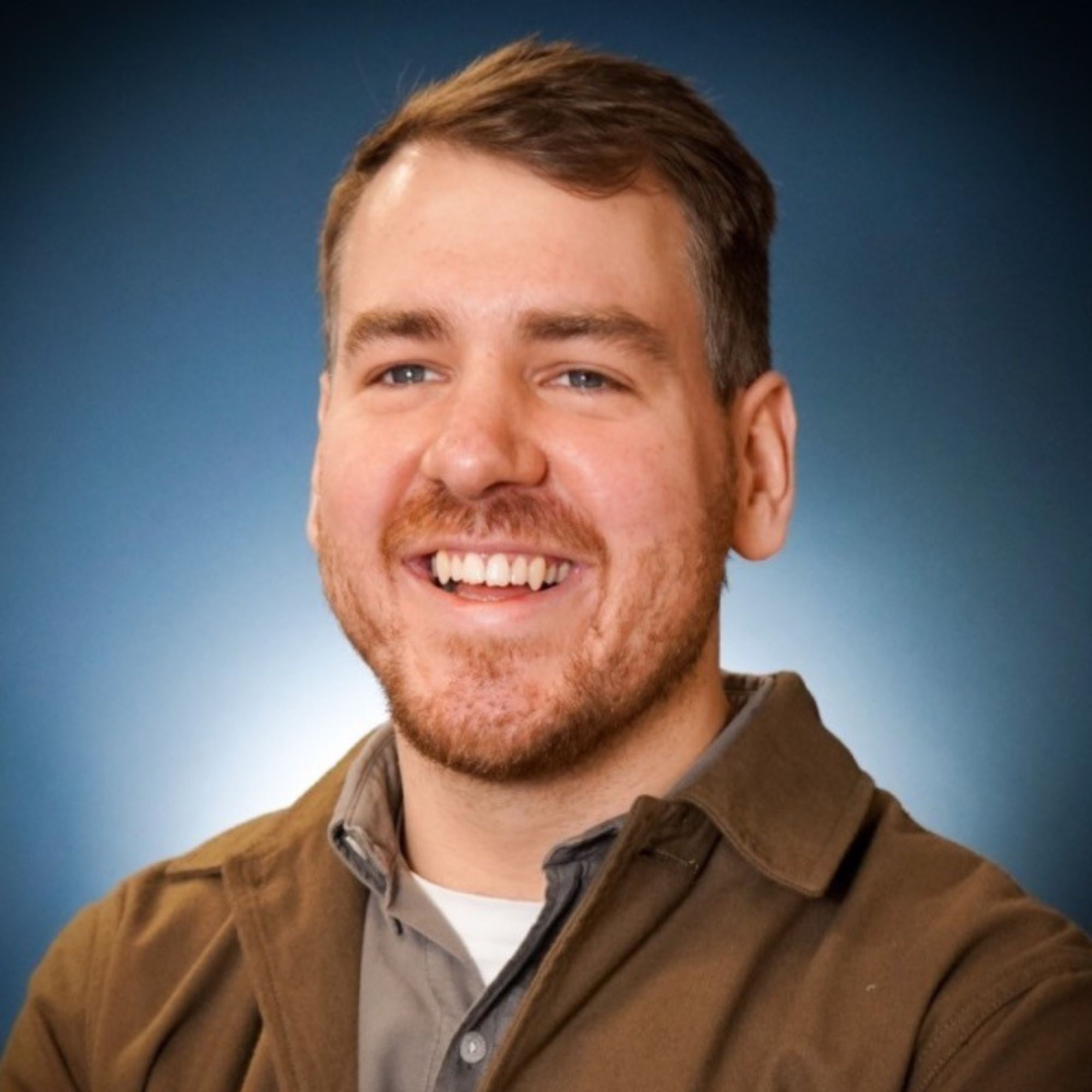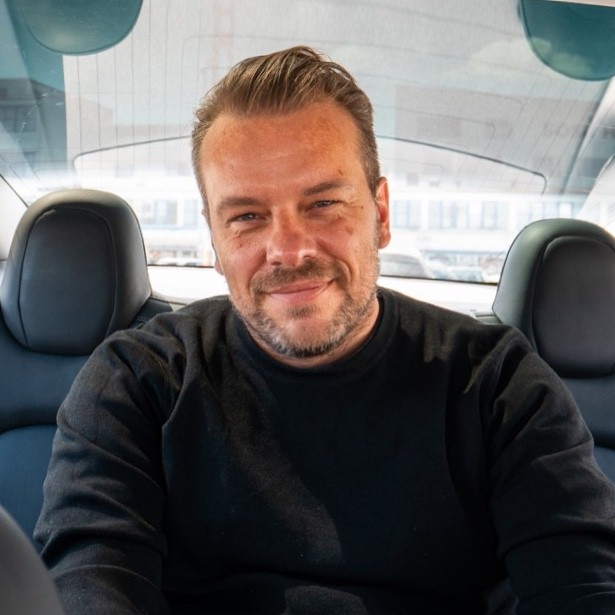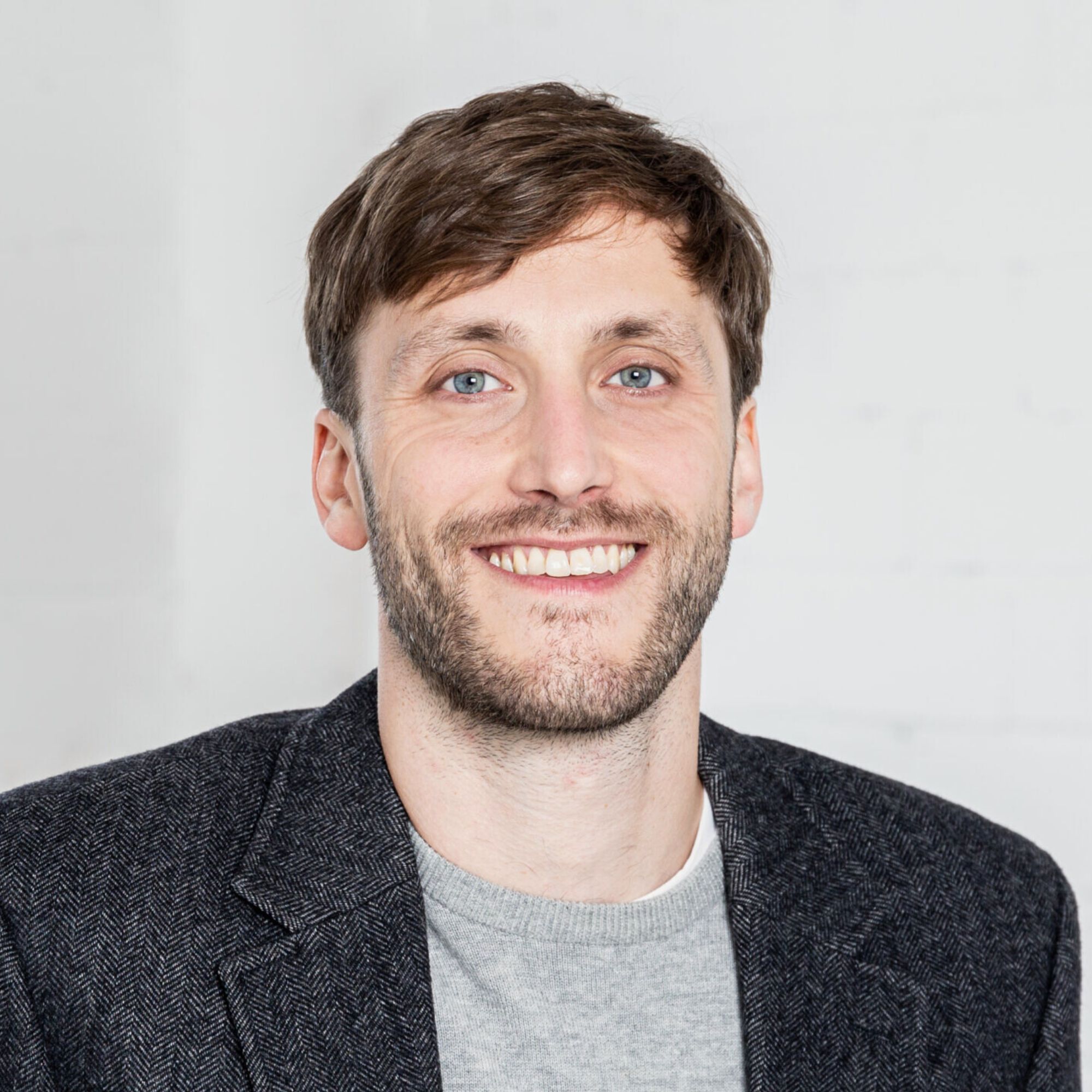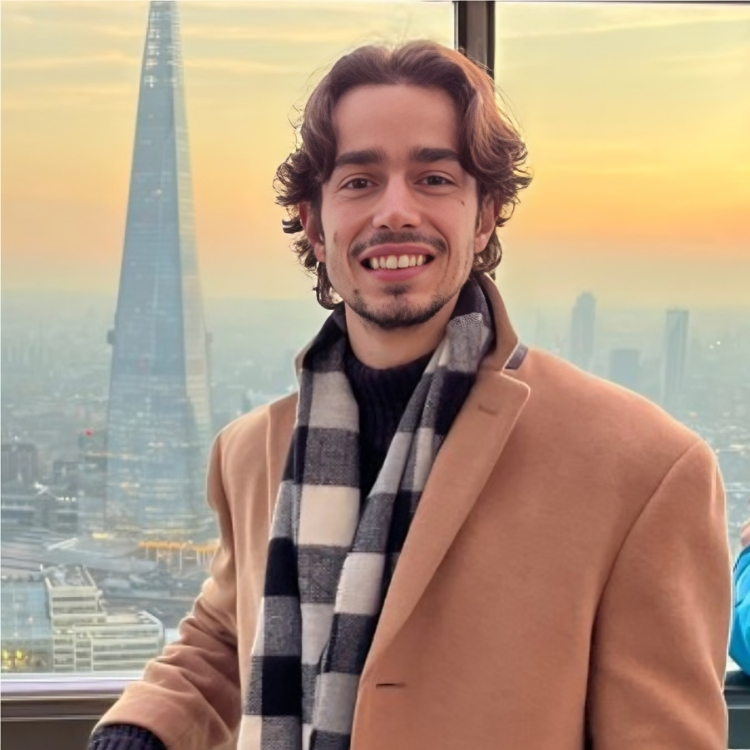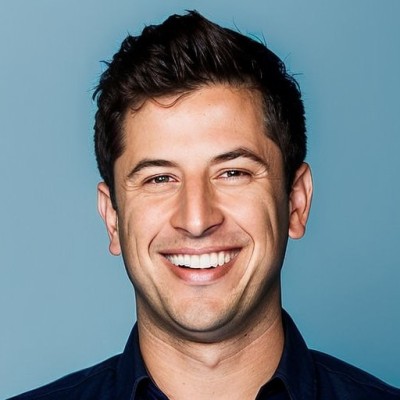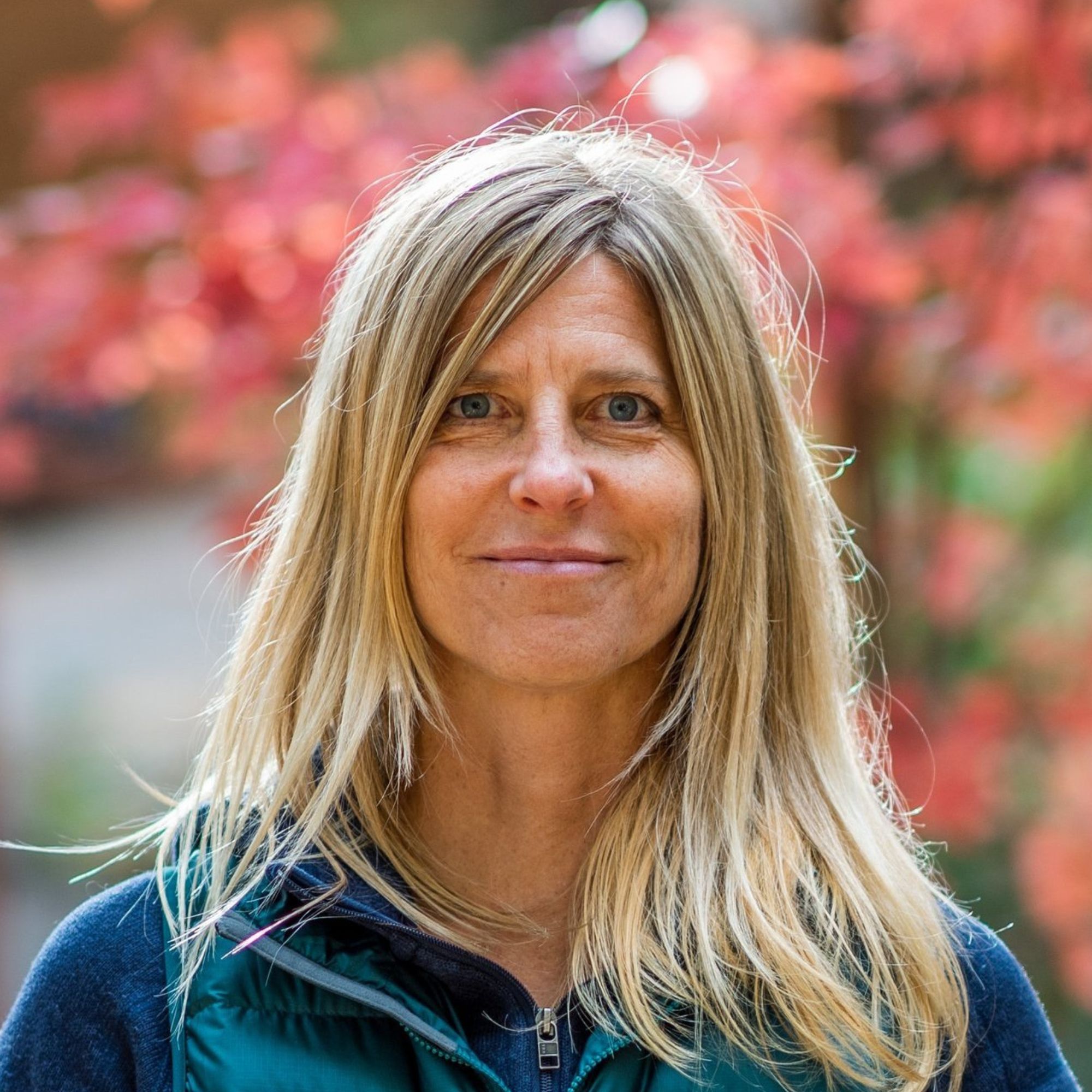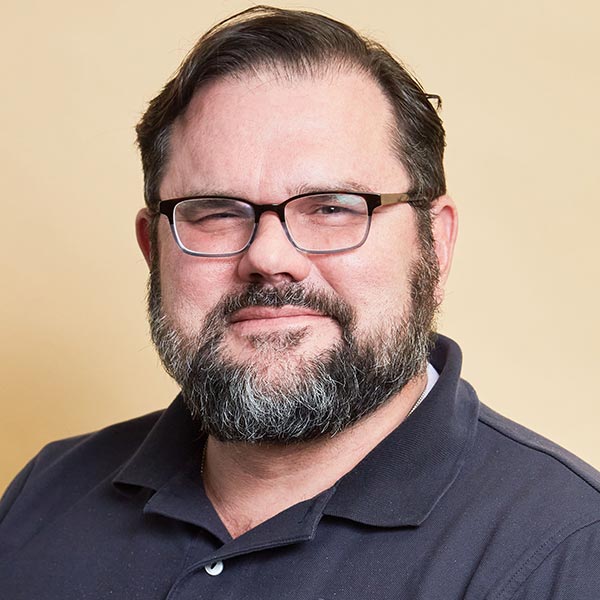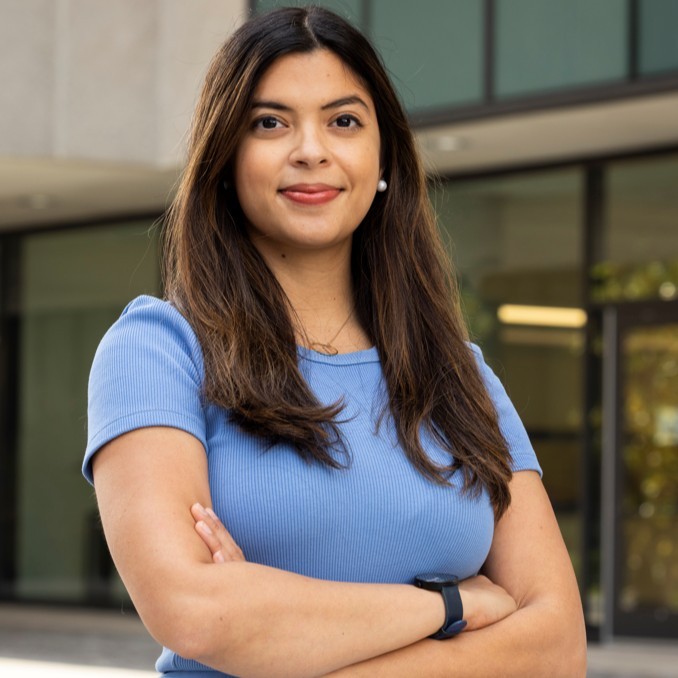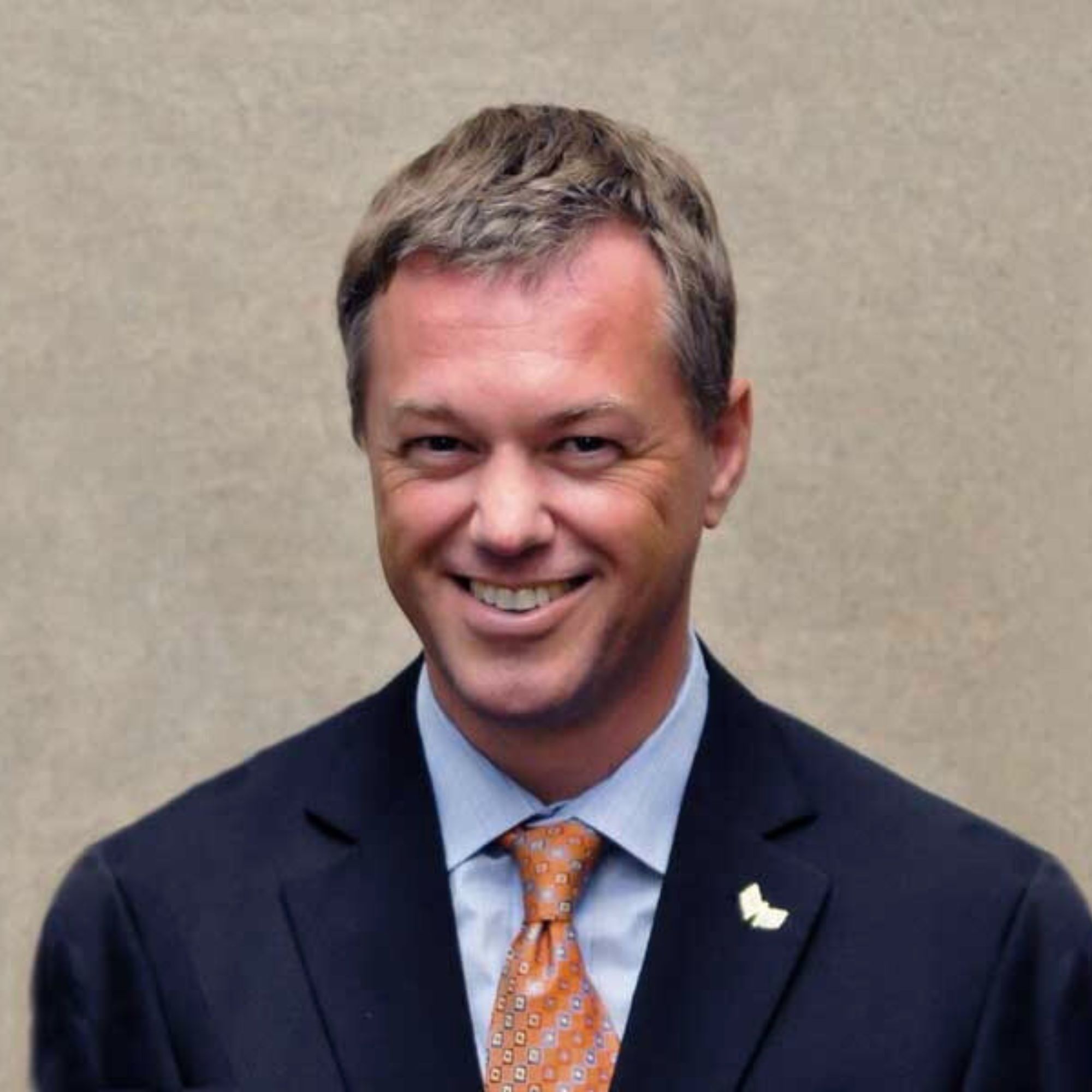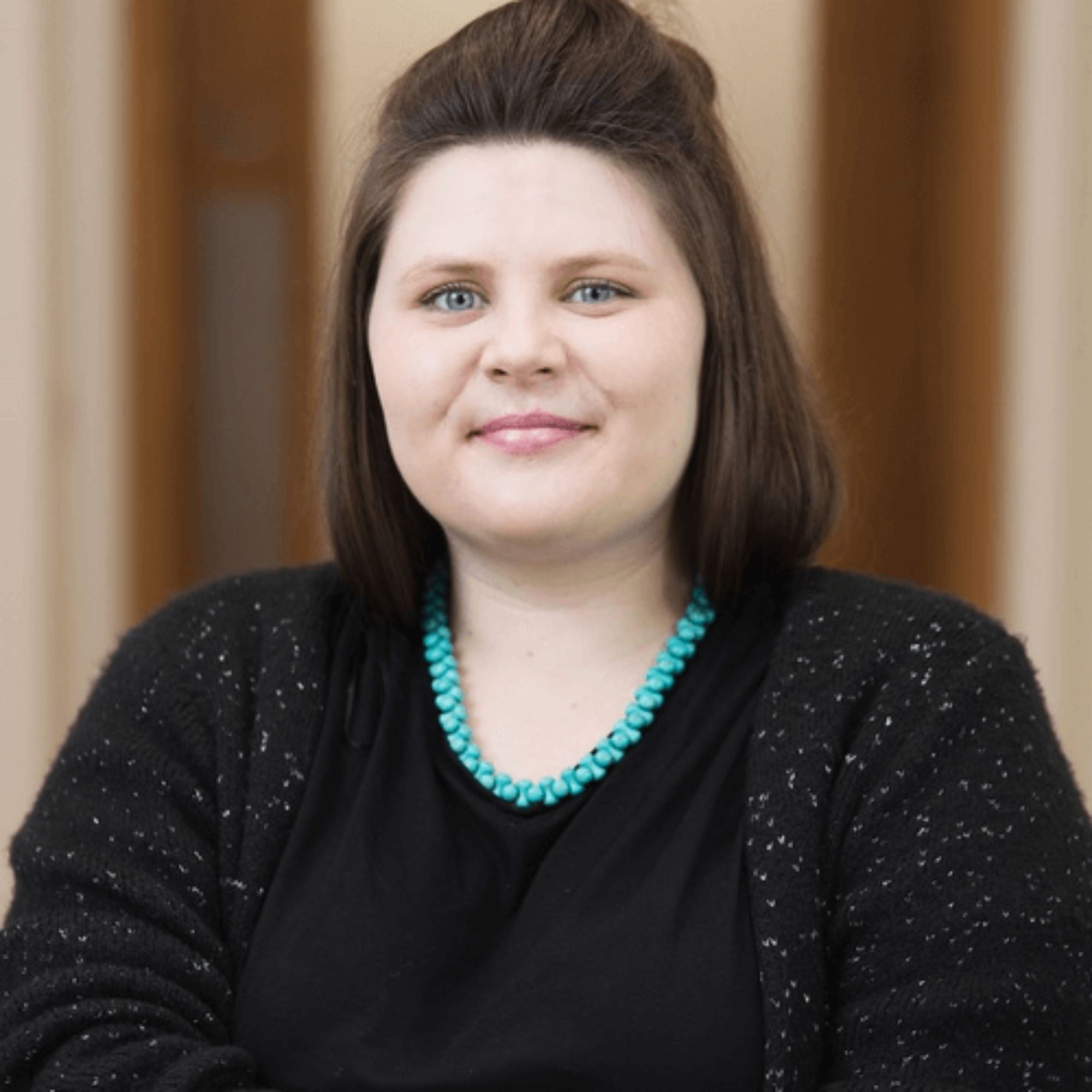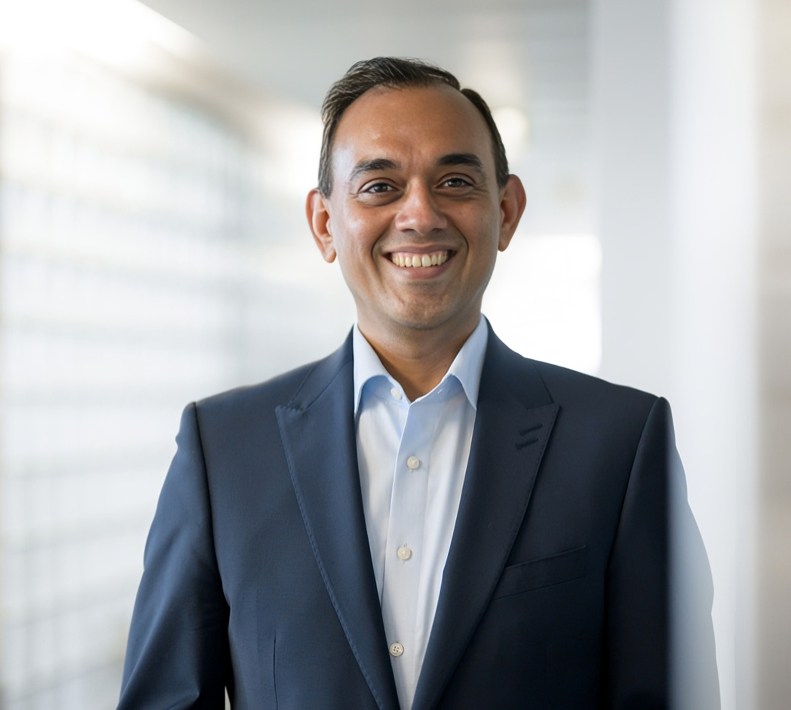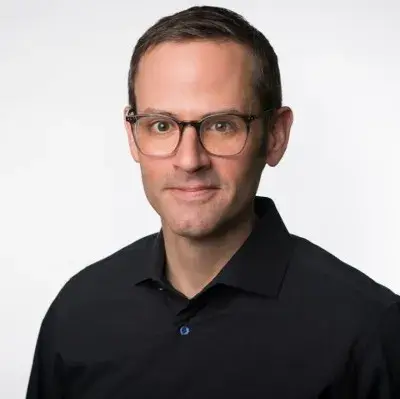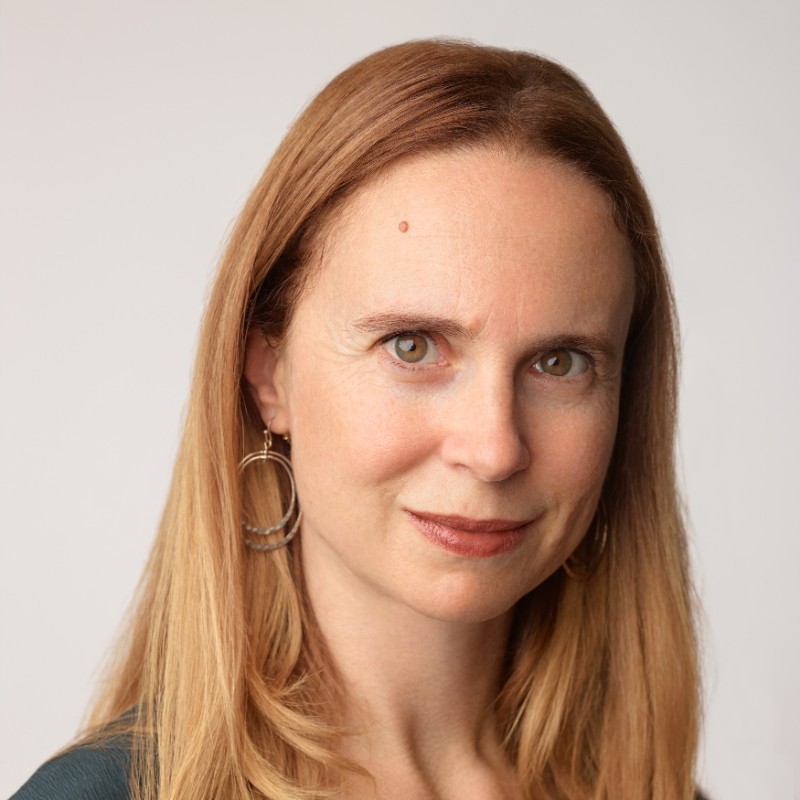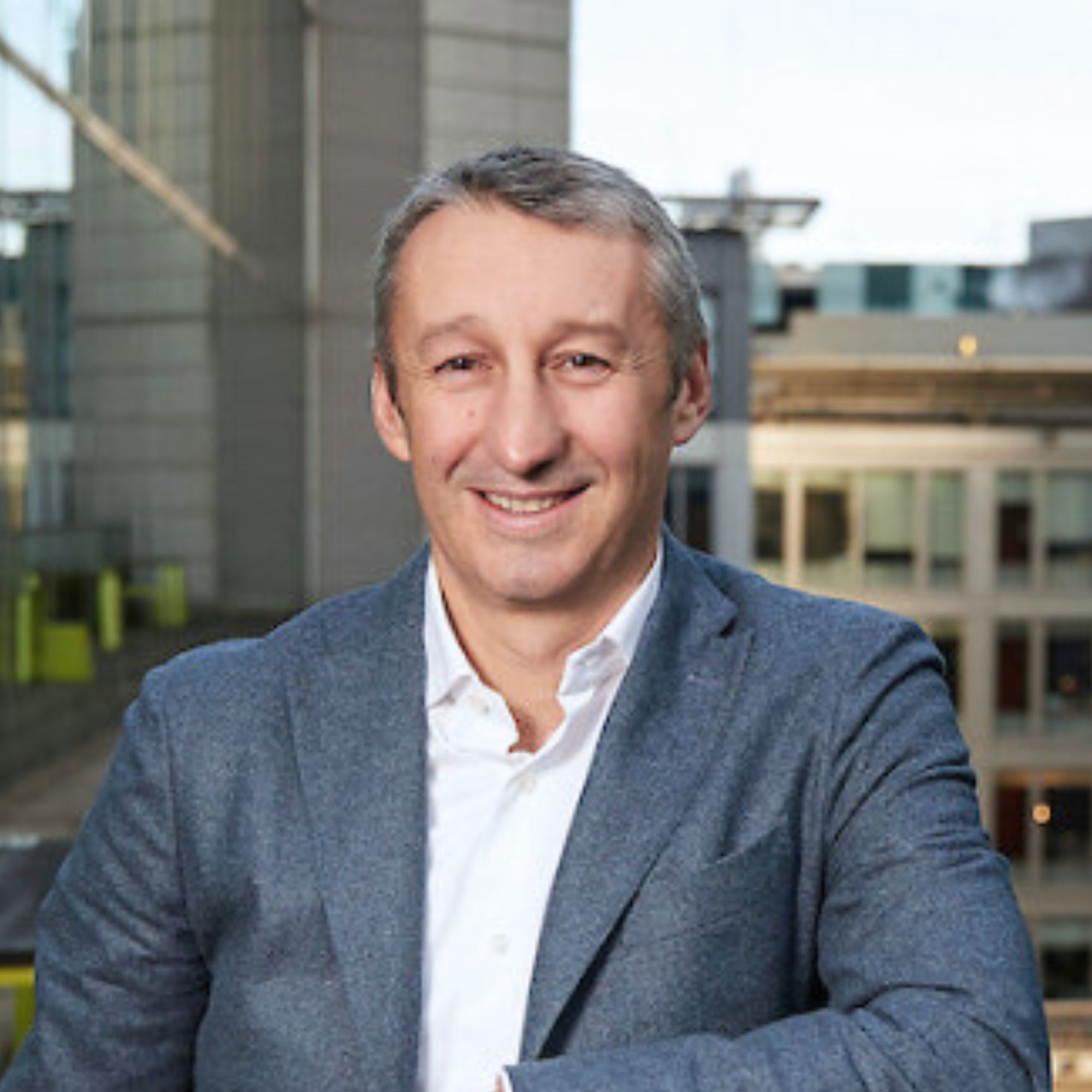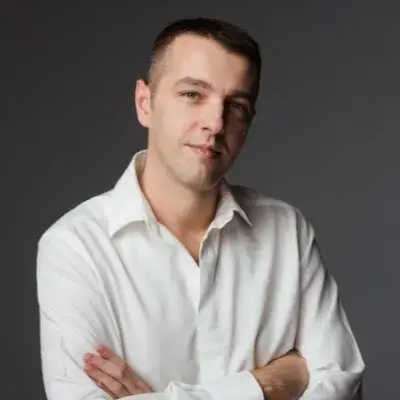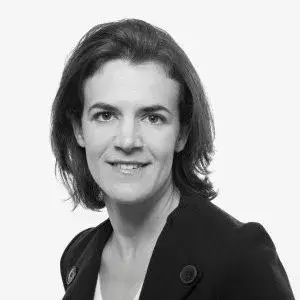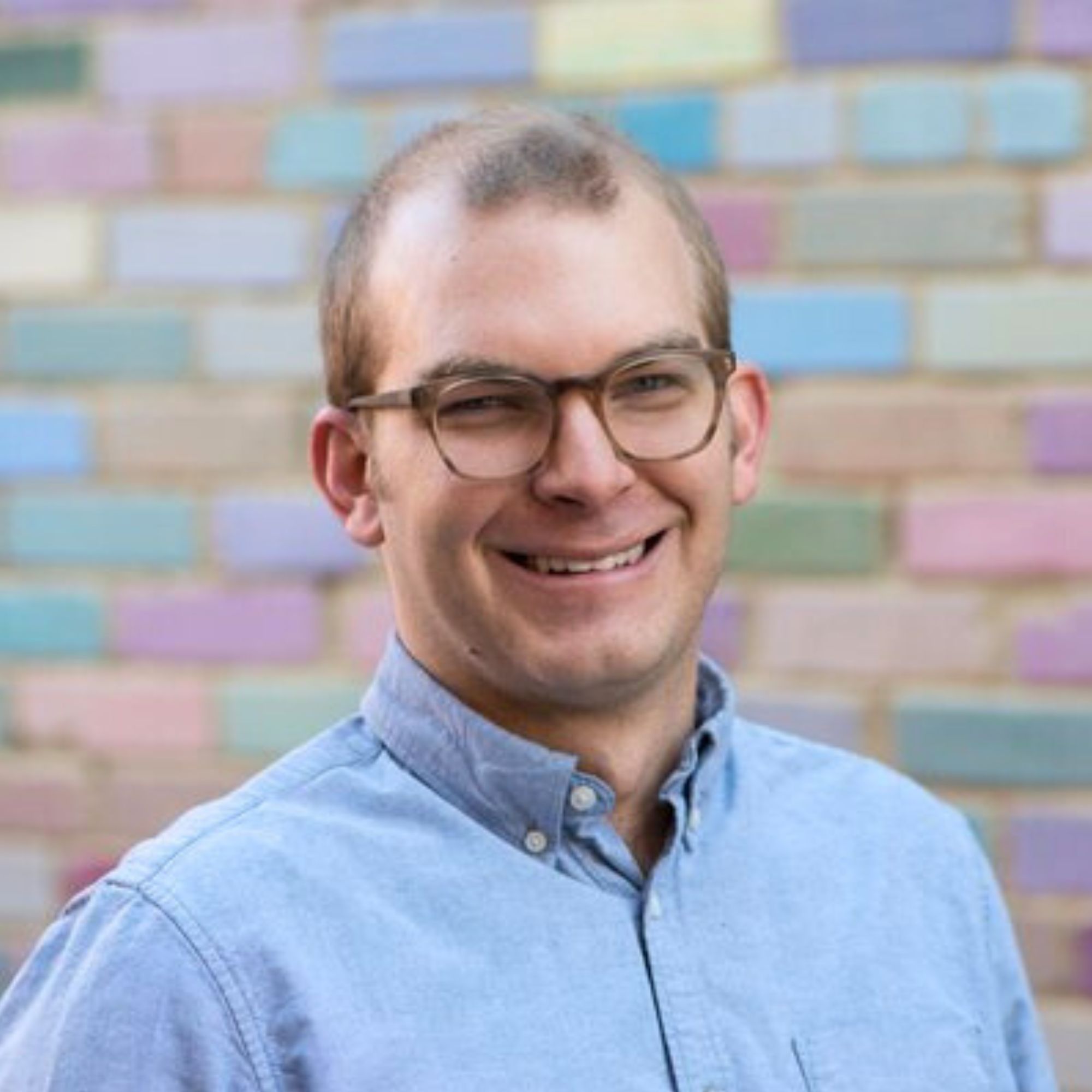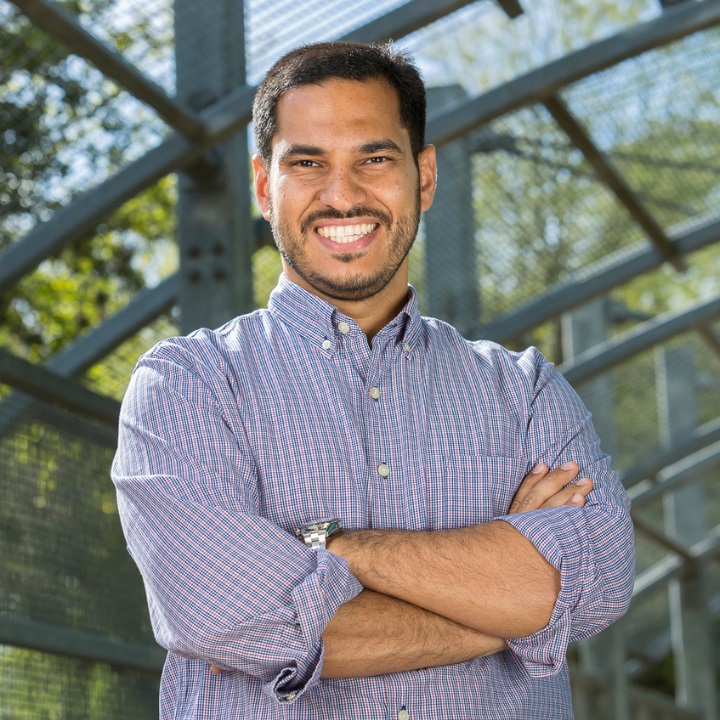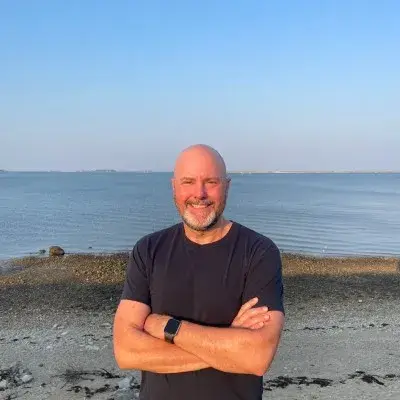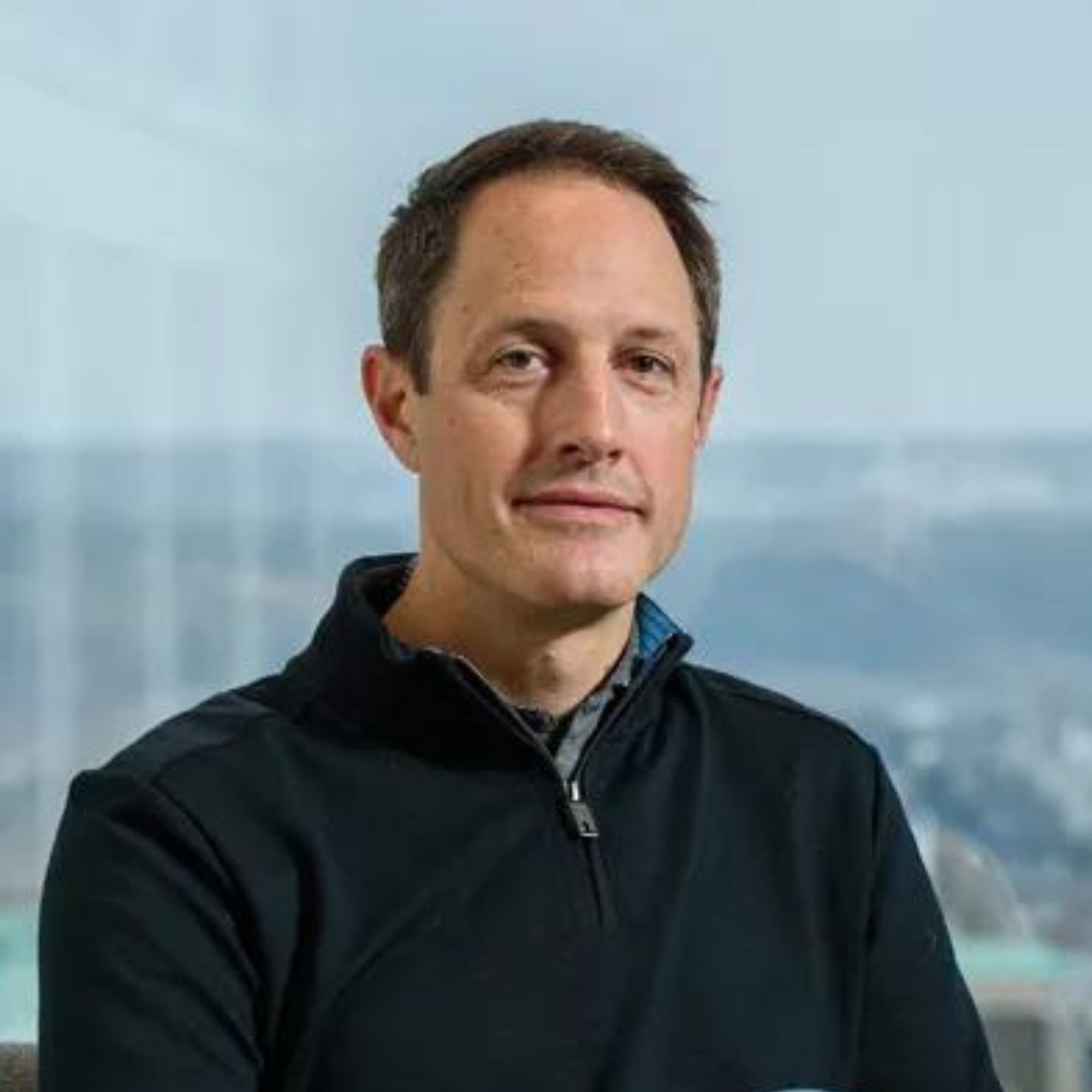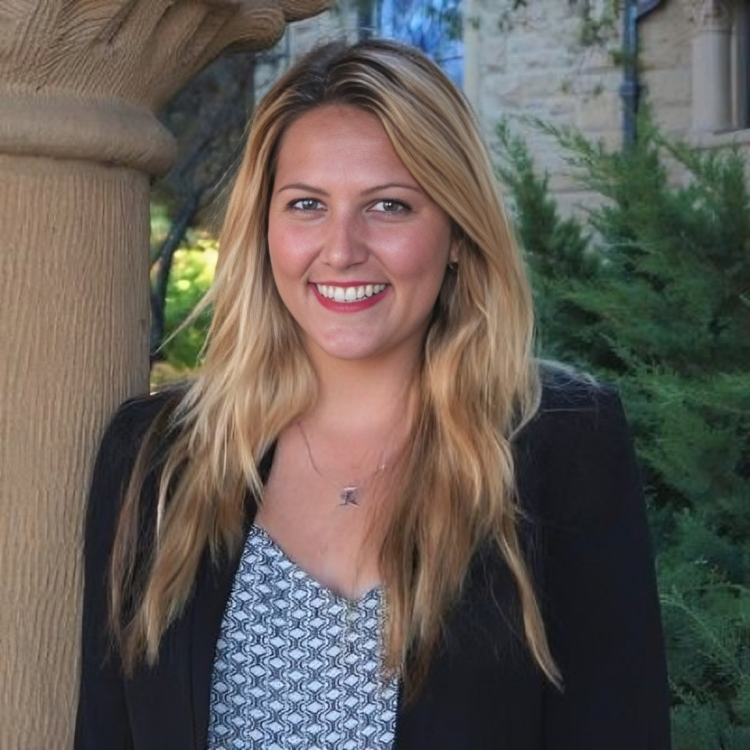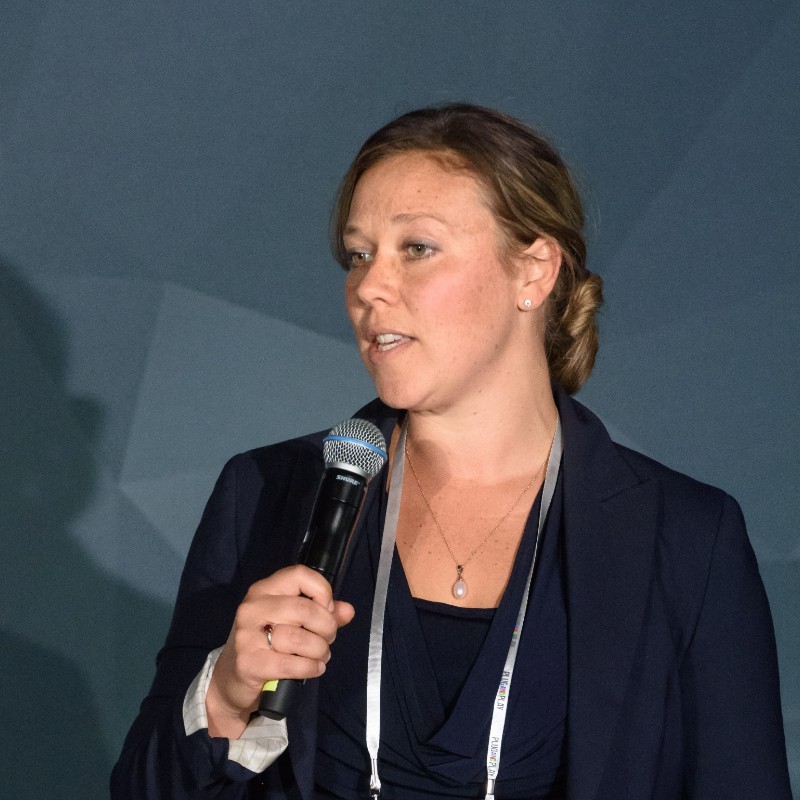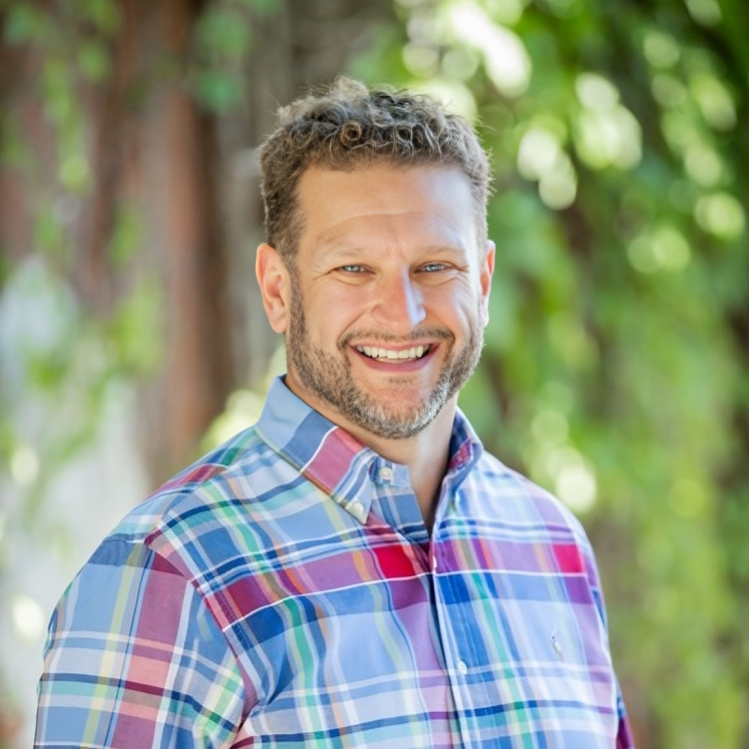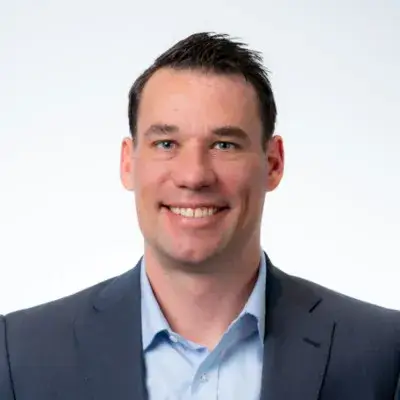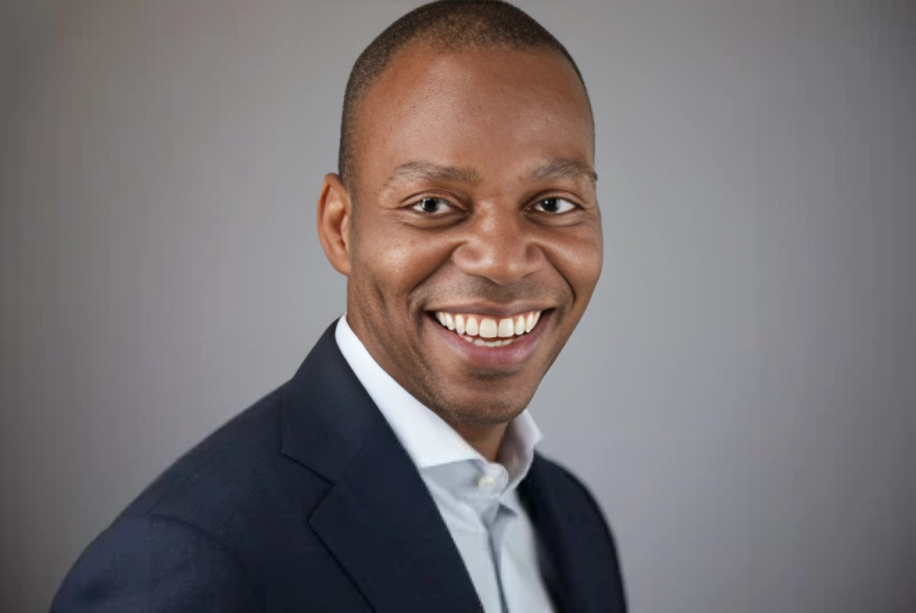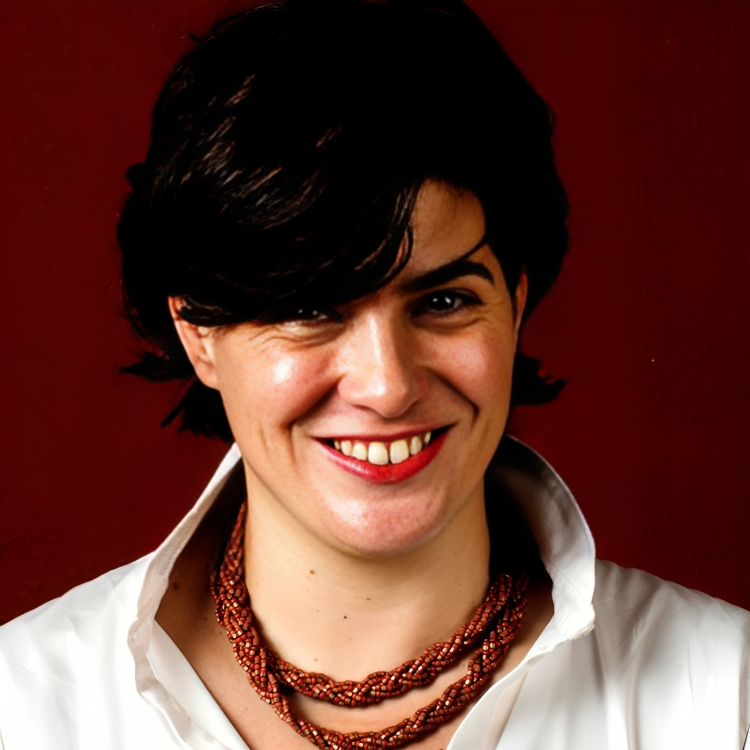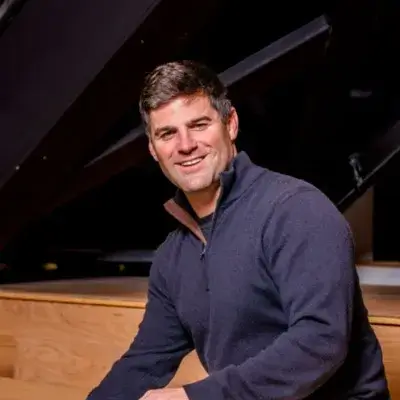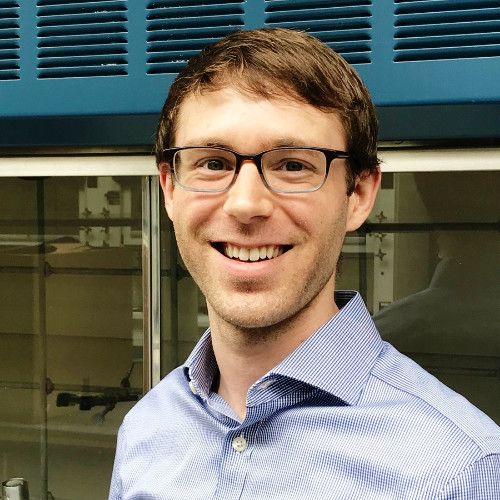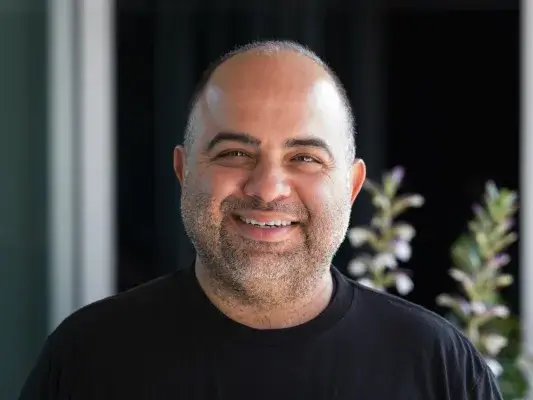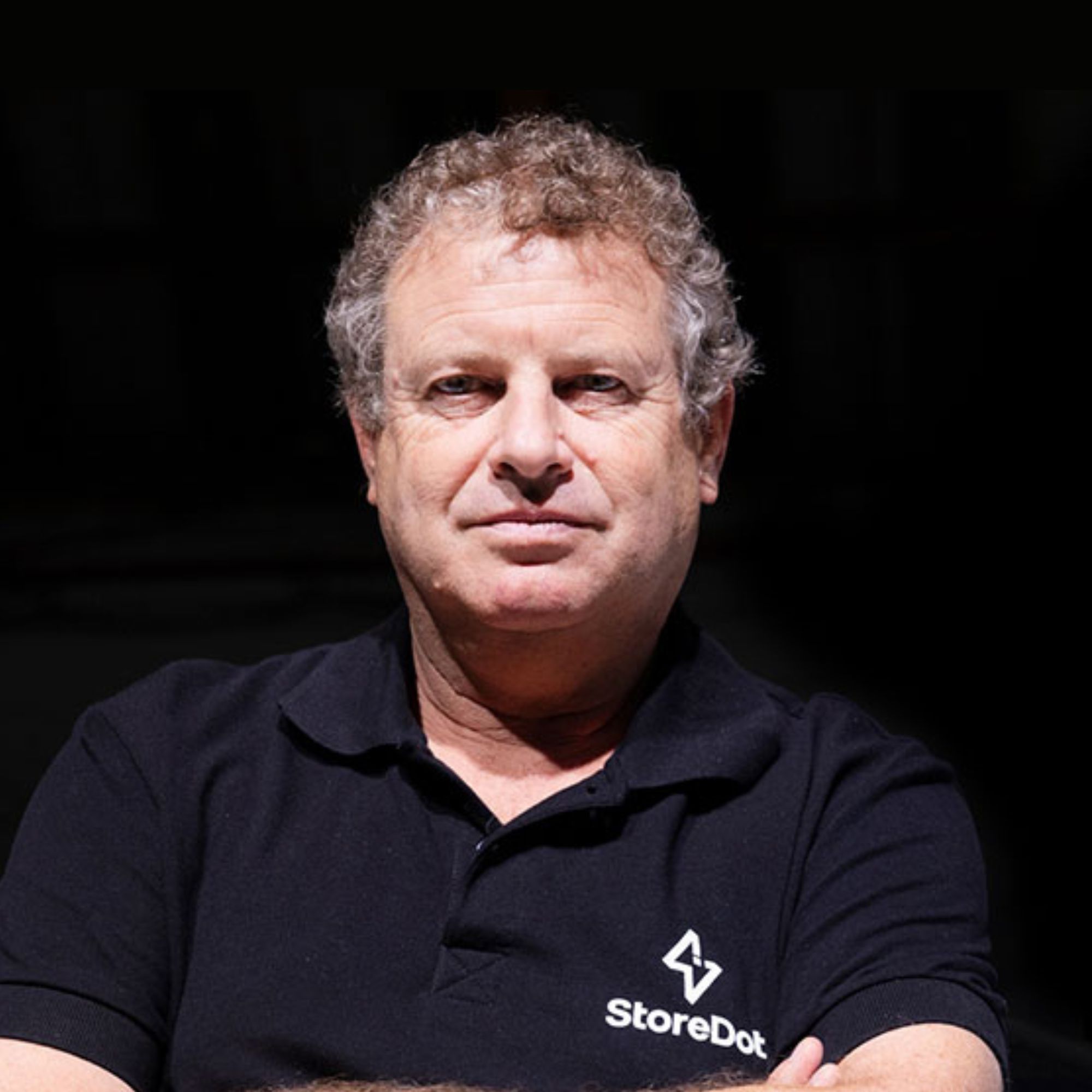Ready to launch your own podcast? Book a strategy call.
Frontlines.io | Where B2B Founders Talk GTM.
Strategic Communications Advisory For Visionary Founders
Conversation
Highlights
The Untold Cost of Speed in Climate Tech: Why One Founder is Advocating for a Slower Approach
Climate tech founders typically lead with metrics around carbon reduction and capital deployment. But in a recent episode of Category Visionaries, Troy Carter of Earthshot Labs shared a counterintuitive perspective: perhaps we’re moving too fast.
“There is a very beautiful side to entrepreneurship and growth and scale, where like, hey, what is the solution to the climate crisis? It is speed and scale, right? But what if it was slowing down and becoming more sensitive to what we want to create?” Troy poses this question while reflecting on his journey building Earthshot Labs, which develops and finances large-scale conservation projects.
This isn’t just philosophical musing. Troy’s experience watching Hawaii’s coral reefs die in 2015 shaped his understanding of how people actually engage with climate solutions: “I remember crying into my mask, free diving. And that’s a mobilizing moment. And it’s a mobilizing moment because it’s something sort of visceral and right in front of you, intimate and sort of imminent that you really want to save.”
This personal connection to environmental loss informed Earthshot’s approach to market development. Rather than leading with carbon metrics or financial returns, they focus on helping project developers translate local environmental connections into global impact.
Building New Financial Infrastructure
Earthshot’s core innovation lies in making conservation projects truly investable. Troy outlines three key infrastructure pieces they’re building: “The first is that we have a strong diligence process with a well understood quantitative risk framework to assess project viability.” This foundation enables the second piece – “an early stage project finance facility that invests in the projects from the very early stages and gets them to the point where they’re derisked and generating credits.”
The final piece involves creating liquidity for investors. As Troy explains, they’re working to ensure “investors don’t have to hold projects for 30 years, but actually can get liquidity.” The goal is enabling “normal people [to] invest with their pensions and 401k in a security that actually directly catalyzes project development in nature restoration.”
Technical Innovation in Risk Assessment
To support this financial infrastructure, Earthshot developed sophisticated ecosystem forecasting capabilities. Troy describes their dual approach: First, using “satellite imagery… ground truth data, measurements by hand of trees, and then… machine learning and statistics to project lines in the future.”
Their second method employs process-based modeling, creating “a mathematical model of the ecosystem itself, which is taking things like photosynthesis and evaporranspiration, and all the biochemical processes… and competition between different species.” This technical foundation helps derisk projects for institutional investors.
Rethinking Organizational Design
Perhaps most interesting for founders is Troy’s perspective on building organizations themselves. He poses a provocative question: “Are there any large tech businesses that you think represent the best wisdom of humanity?” His answer: “I can’t really think of any, and that’s a bit sad, honestly. Why would it be the case that the largest institutions on the planet are not as integrity as we consider ourselves or in our friendships or relationships?”
This led Troy to approach Earthshot differently: “Honestly, Earthshot is one of the first companies that I’ve built that integrates what I consider sort of like a personal journey or a healing journey or a spiritual journey along with a business or a team.”
For founders building in climate tech or other impact-focused sectors, Troy’s journey offers valuable lessons. Technical innovation and financial infrastructure are necessary but insufficient. The deeper challenge lies in building organizations that embody the change we seek to create in the world.
Looking ahead, Earthshot aims to enable “the planting of more than a billion trees, more than 50 million hectares under conservation, and more than 100 million tons of CO2 drawn down from the atmosphere” by 2030. But perhaps their most important impact will be demonstrating a new model for building technology companies – one that prioritizes depth over speed, and wisdom over scale.
Actionable
Takeaways
Cultivate an Intrinsic Drive for Problem-Solving:
Troy attributes his entrepreneurial spirit not to his Stanford education but to a lifelong passion for starting projects and businesses in service of his learning journey. He encourages founders, especially young entrepreneurs, to maintain a strong sense of personal agency and self-exploration, even within the confines of institutions. Cultivating an intrinsic drive to solve problems that light up your curiosity is the surest path to fulfillment.
Build Organizations That Embody Wisdom and Integrity:
Lamenting the absence of large institutions that represent the best of human wisdom, Troy challenges founders to create organizations that operate with greater love, integrity, and consciousness than their predecessors. He highlights the importance of rethinking power dynamics, fostering individual sovereignty, and empowering every team member to find their voice. Building wise organizations is an ongoing journey of personal and collective growth.
Connect Climate Action to Visceral Motivations:
Troy emphasizes the need to anchor climate action in people's immediate, visceral experiences of ecological loss, rather than abstract carbon targets. He shares the story of coral bleaching in Hawaii as a mobilizing moment, driving home the importance of falling in love with the nature in our own backyards. Founders in the climate space should seek to connect their missions to the tangible, intimate reasons that spark individuals to act.
Embrace Grief as a Gateway to Participation:
Discussing his ability to remain optimistic in the face of dire ecological projections, Troy distinguishes between grief and despair. He frames grief as an appropriate, even necessary, response to the inevitability of death - and a powerful catalyst for participating in the healing process. Founders grappling with existential challenges must learn to grieve what is being lost while transmuting that emotion into purposeful action.
Pioneer Rigorous Frameworks to Derisk Novel Asset Classes:
Earthshot Labs is at the forefront of developing robust risk assessment frameworks and financial vehicles to make carbon projects a viable asset class for institutional investors. Troy outlines the importance of quantitative diligence processes, staged financing facilities, and innovative structures like publicly-traded funds to drive liquidity. Founders seeking to open up new asset classes should prioritize rigorous de-risking to build trust and catalyze capital flows.

